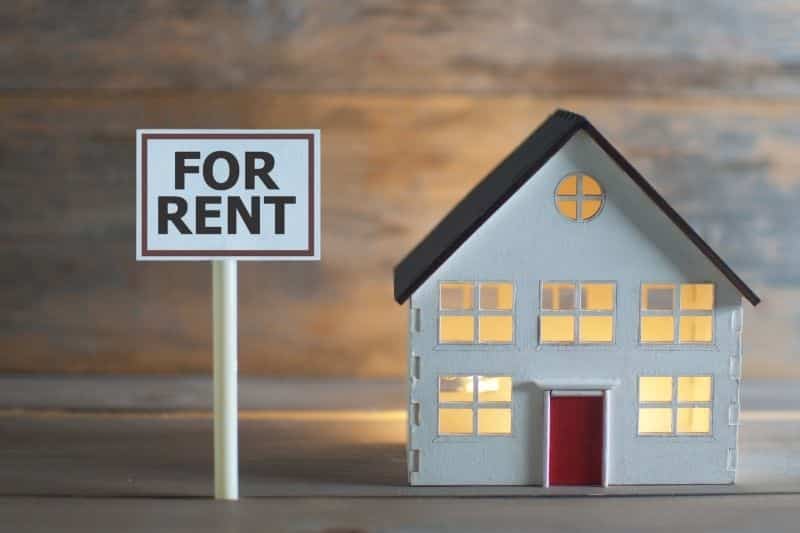A profitable investment method that can produce a consistent revenue stream and potential long-term growth is renting out real estate. However, good property rental management, meticulous planning, and cautious preparation are necessary. This blog will tell you about the essential procedures to help you confidently rent out your homes and maximize your income.
Prepare The Property
Making a property ready for rental is the first stage in the rental process. Start by giving the property a thorough cleaning and performing any necessary repairs. Consider adding new paint, landscaping, and staging to increase its appeal.
Ensure that the property follows your building and safety codes. To reduce future maintenance concerns, evaluate and replace important systems, including plumbing, electricity, and HVAC. Properties that are well-maintained draw good tenants and have a higher rental yield.
Determine Rent Price
To decide the right rent pricing for your property, conduct market research. Take into account elements including location, house size, amenities, and market demand. Analyze the rental prices of nearby houses that are comparable. Setting a reasonable rent will help you draw in renters while ensuring you get the return on your investment you want. Be aware of local rules and ordinances governing rent control and rent hikes.
Make Rental Listings
Create a strong rental listing that emphasizes the main advantages and qualities of your property. Include thorough written descriptions, stunning images, and precise counts of the number of bedrooms, baths, and any other amenities.
To reach a large pool of possible tenants, advertise the rental listing using a variety of outlets, including social media, local classifieds, and online rental platforms. Be careful to plan property viewings effectively and answer questions as soon as possible.
Tenant Screening
Create a strong rental listing that emphasizes the main advantages and qualities of your property. Include thorough written descriptions, stunning images, and precise counts of the number of bedrooms, baths, and any other amenities.
To reach a large pool of possible tenants, advertise the rental listing using a variety of outlets, including social media, local classifieds, and online rental platforms. Be careful to plan property viewings effectively and answer questions as soon as possible.
Prepare a Lease Agreement
Prepare a thorough lease agreement that describes the terms and circumstances of the rental once you have selected a qualified tenant. Include information on the rent price, lease term, security deposit, pet policy, maintenance obligations, and any particular guidelines or limitations.
To safeguard the rights and interests of both parties, make sure the lease complies with the local rental laws and ordinances. Use pre-written lease agreement templates or get legal counsel to ensure all relevant clauses are fully covered.
Collect Rent and Manage Your Finances
Create a system for timely rent collection and controlling the finances of your property rental. Create a separate bank account for spending and profits related to rentals, and keep thorough records of all transactions.
Provide tenants with simple payment alternatives and clarify the expected rent payments. Review the financial performance of your property on a regular basis, taking into account cash flow, costs, and taxes, and change as appropriate.
Maintain the Property
For tenant happiness and property preservation, regular maintenance and fast maintenance issues resolution are essential. Establish a procedure for dealing with maintenance requests, and respond to them right away.
Conduct routine inspections to spot any possible problems and arrange for any repairs or property maintenance that is required. In addition to guaranteeing tenant retention, proactive property upkeep also helps safeguard the long-term value of your investment.
Foster Positive Tenant Relations
Successful property management requires establishing and preserving good rapport with your tenants. Communicate clearly and professionally, and swiftly address questions and issues raised by tenants.
It is suggested to encourage a cooperative atmosphere while gracefully resolving conflicts and ensuring tenants feel respected and heard. Assess tenant satisfaction on a regular basis and work to improve the tenant experience. Happy tenants take better care of the property and are more inclined to renew their leases.
Conclusion
When tackled with careful preparation and efficient management, renting out property may be a lucrative investment enterprise. You’ll be well-equipped to get your house ready for rental, draw in great renters, and guarantee a smooth and successful rental experience if you stick to the advice in this comprehensive book. Each stage is important for increasing your rental income and creating a profitable rental property portfolio, from property preparation and tenant screening to lease negotiations and ongoing maintenance.



